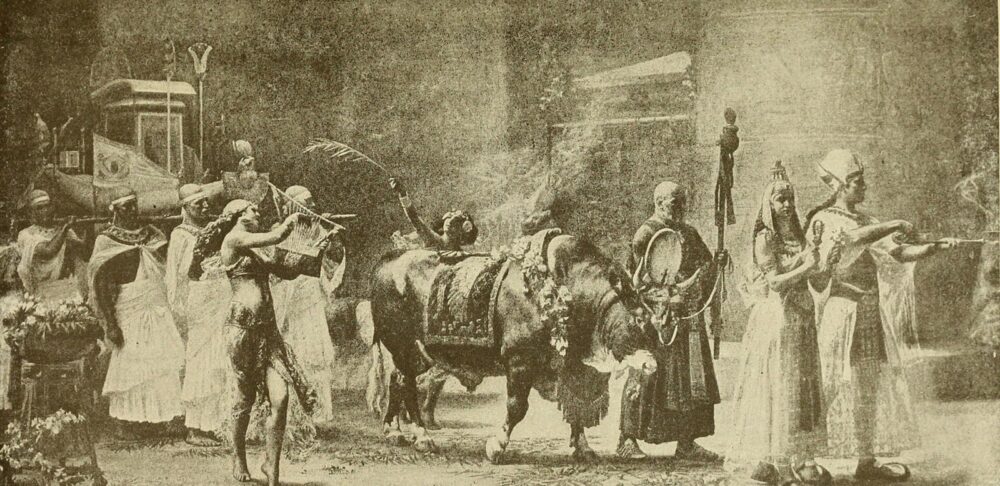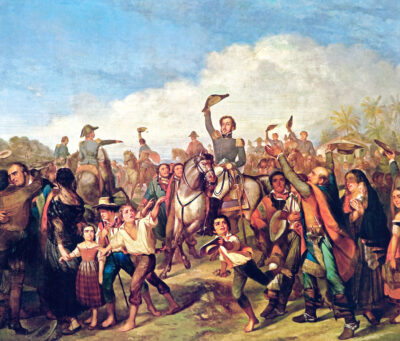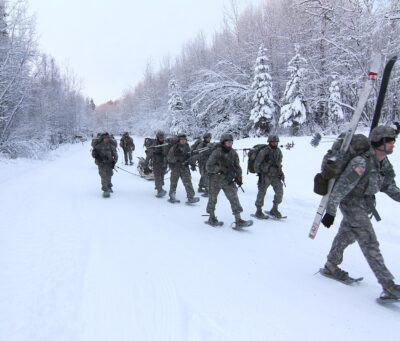The decades following the collapse of the Berlin Wall have been described as a “holiday from history,” in which the recurring perils of world war, social crisis, and ideological extremes were mastered by bonds of peaceful progress. [1] In recent years, however, history has returned with almost biblical vengeance in the form of wars, plagues, and natural disasters. Compound these risks with the dangers of renewed great power rivalry, and there can be little doubt that we are once again facing history’s tests.
Our student authors are alive to the return of history and ask us to study the past for guidance in confronting today’s challenges. Daniel Samet argues for reviving Soviet studies to sharpen our analysis of U.S. relations with its modern superpower rivals. Ryan Sullivan, in contrast, cautions against overreliance on historical analogies in explaining current problems. David Brostoff engages the longue durée of history to analyze constitutive claims about human nature in foreign policy. Kevin Petersen draws from recent history, NATO’s war against the Taliban, to distinguish between when “learning lessons” from the past is constructive and when it is counterproductive.
The return of history is perhaps most dangerously in evidence with the renewal of great power rivalry between China and the United States. The analogies abound: Athens and Sparta in the fourth century BCE, Germany and Britain before the First World War. Our authors trace the Washington-Beijing axis with sensitivity to the past and appreciation for new sources of tension, above all the fate of Taiwan. Andrew DeWeese argues that China’s COVID woes make aggression against Taiwan more likely. Trace Held sees Xi Jinping as a victim of hubris, whose assertiveness risks alienating China from its neighbors and constricting still further its room for cooperation with Washington. Moving from Beijing’s intentions to Washington’s responses, John Pietro argues for a swift transition from strategic ambiguity to strategic clarity to arrest the drift towards war over Taiwan. Axel de Vernou contextualizes Taiwan’s significance for American security interests and values in its global competition with China.
History is also a chronicle of the unexpected: sudden shifts, dramatic breaks, and quiet revolutions upsetting the best laid plans and policies. Max Krajacic directs our attention to the changing technology of war and calls for greater investment in new tools and weapons. Technological innovation and consequently superiority, he argues, will determine the fate of a free Indo-Pacific. Channing Lee integrates the radically new landscape of digital commerce into international trade strategy to ensure American competitiveness in the emerging high-tech economy. Hannah Delaney advocates preempting the growth of a nascent extremist risk in Libya, where the smoldering remains of the Islamic State could inflame the region in terror.
Finally, Alex Hu explores how the symbols, images, and collective meanings of the American creed can be harnessed to devise a grand strategy that the American public will support. Ranging from Alexander Hamilton’s national security arguments for a central executive in The Federalist Papers to John Kennedy’s ich bin ein Berliner speech, Hu asks why past American leaders were able to excite the popular imagination in support of foreign policy commitments. He then explains what it would take to inspire future generations to champion American national interests. It is a fitting essay to represent this collection, drawing from the past to understand the present, and to imagine a brighter future.
Notes:
[1] George Will, “The End of Our Holiday From History,” The Washington Post, 12 September 2001, https://www.washingtonpost.com/archive/opinions/2001/09/12/the-end-of-our-holiday-from-history/9da607fd-8fdc-4f33-b7c9-e6cda00453bb/.



